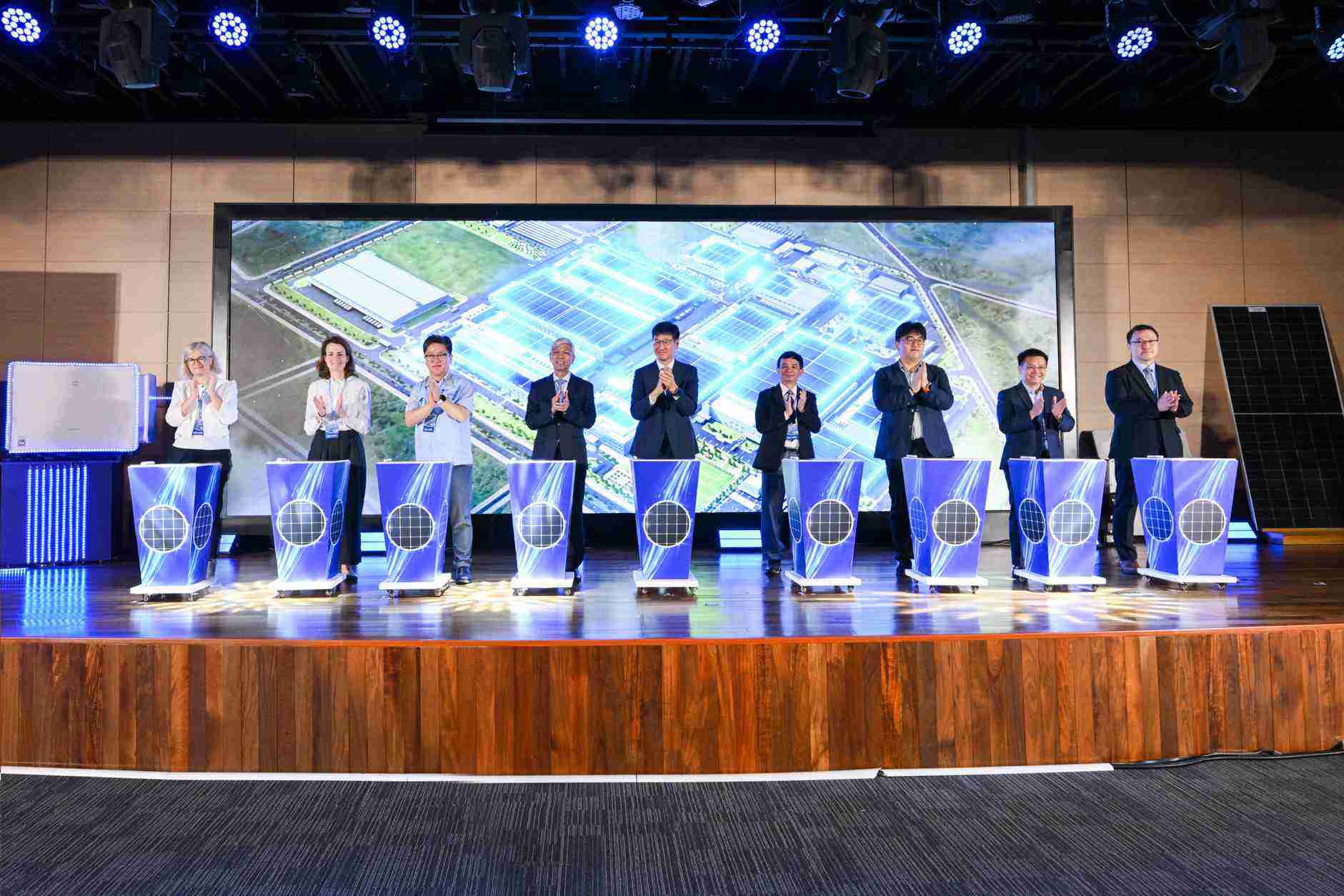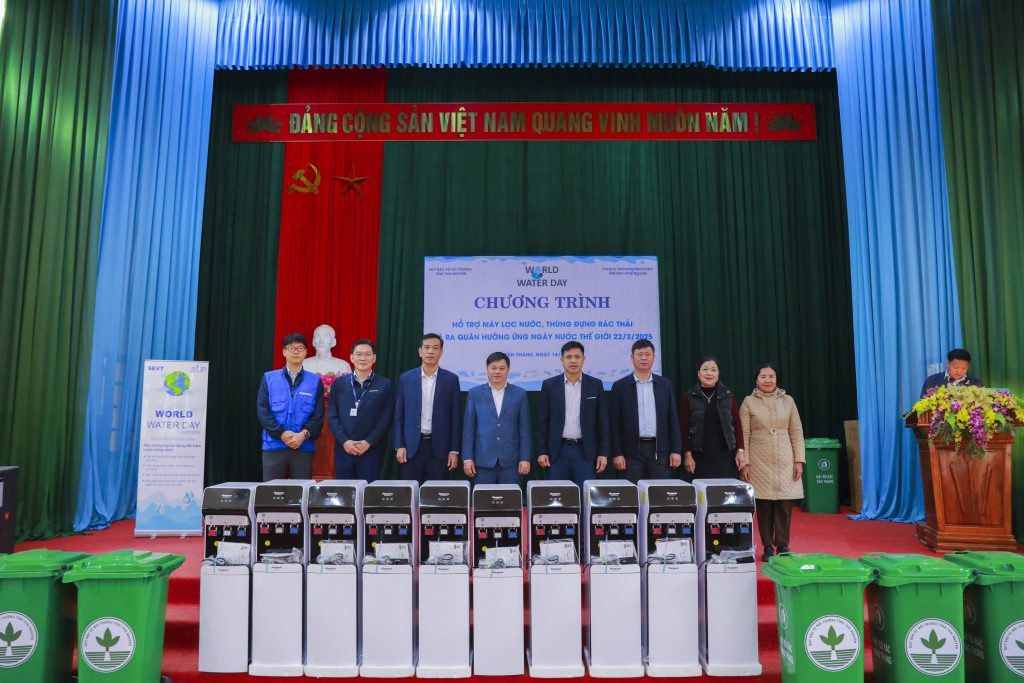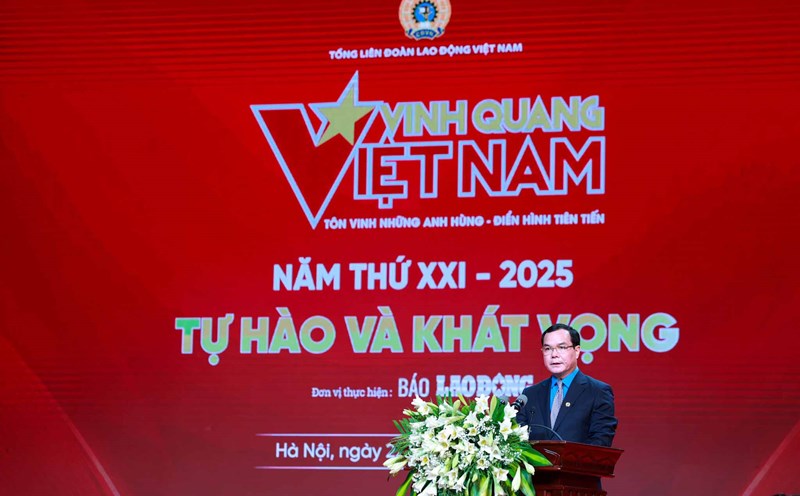From using recycled materials for phones
Samsung Electronics has just announced that the Galaxy S25 has been honored to receive the 2025 Recycling Design Award, the highest award to recognize leading contributions to sustainable product design by the Recycling Materials Association (ReMA) - a leading organization in the industry, operating with the goal of promoting recycling and circular innovation - awarded.
The Galaxy S25 is the first Galaxy device to integrate recycled coban - an important material used in batteries - collected from Samsung's new Circular battery Supply Chain. This system recycles cadres from used Galaxy devices and waste-to-energy batteries during the manufacturing process, contributing to reusing valuable materials and reducing the need for new cadres.
This award is a testament to Samsung's innovative efforts in expanding the scale of recycling and optimizing the efficiency of natural resources.
The Galaxy S25 is not the first product manufactured by Samsung from recycled materials. Previously, many other phone lines have also been focused on by Samsung to integrate recycled materials in production such as Galaxy S22, Galaxy S23 series...
According to Samsung's representative, the Galaxy S25 marks an important milestone in Samsung's journey to improve the circularity of products and operations, combining advanced innovation and responsibility for the planet.
To green transformation efforts
Not only pioneering in using recycled materials to produce phones, Samsung also strives for sustainable development right from the factory.
This enterprise has just started two rooftop solar power projects deployed at the Samsung Electronics Vietnam mobile phone factory (SEV) in Bac Ninh and the Samsung Electronics HCMC CE Complex (SEHC) home electronics factory in Ho Chi Minh City. These two rooftop solar power projects are expected to help reduce emissions by nearly 30,000 tons of CO2.

Samsung also spreads the spirit of green transformation through CSR activities. A typical example is the Samsung Solve for Tomorrow competition - a technology playground that encourages students to apply STEM education knowledge to solve local and social problems. More and more projects coming out of this competition are being applied in practice, bringing practical benefits to the local community.
Along with that are many other environmentally-oriented activities: Cleaning up key areas related to water located next to Samsung and local factories; donating water purifiers and trash bins; organizing training on water resource conservation and distributing clean water to thousands of students; implementing water resource recovery projects in many localities in Bac Ninh and Thai Nguyen, Kien Giang...
According to Mr. Na Ki Hong - General Director of Samsung Vietnam, the company sets a goal of carbon neutrality by 2027, 3 years earlier than Samsung Group's global commitment within the framework of the RE100 initiative.
Consumers support sustainable business development
A survey by Intage Vietnam Market Research Company with consumers in Hanoi and Ho Chi Minh City shows that up to 95% of consumers are aware of environmental protection and nearly 90% support businesses with ethics and social responsibility.
Consumers are starting to shift from personal concerns to community issues, in which sustainable future plays a key role. While most consumers have previously only paid attention to factors that directly affect people's lives such as health and finance, they are now starting to recognize the importance of external factors such as living environment, sustainable development and social responsibility.

According to a study from Nielsen, about 60% of Vietnamese consumers said they prefer products with green certification or environmental commitments.
According to experts, for green consumption to become the main trend, it is necessary to have the support of all three pillars: consumers, businesses and the State. Consumers need to continue to raise awareness, change consumer behavior; businesses must strive for green transformation; the State needs to perfect legal policies, and at the same time have practical support mechanisms to facilitate business transformation.
Samsung's efforts are expected to create a spillover effect, encouraging other businesses in Vietnam to invest in renewable energy, thereby supporting the Government in achieving clean energy and emission reduction goals.
With positive changes from both businesses and consumers, Vietnam's goal of carbon neutrality by 2050 will soon be realized.








